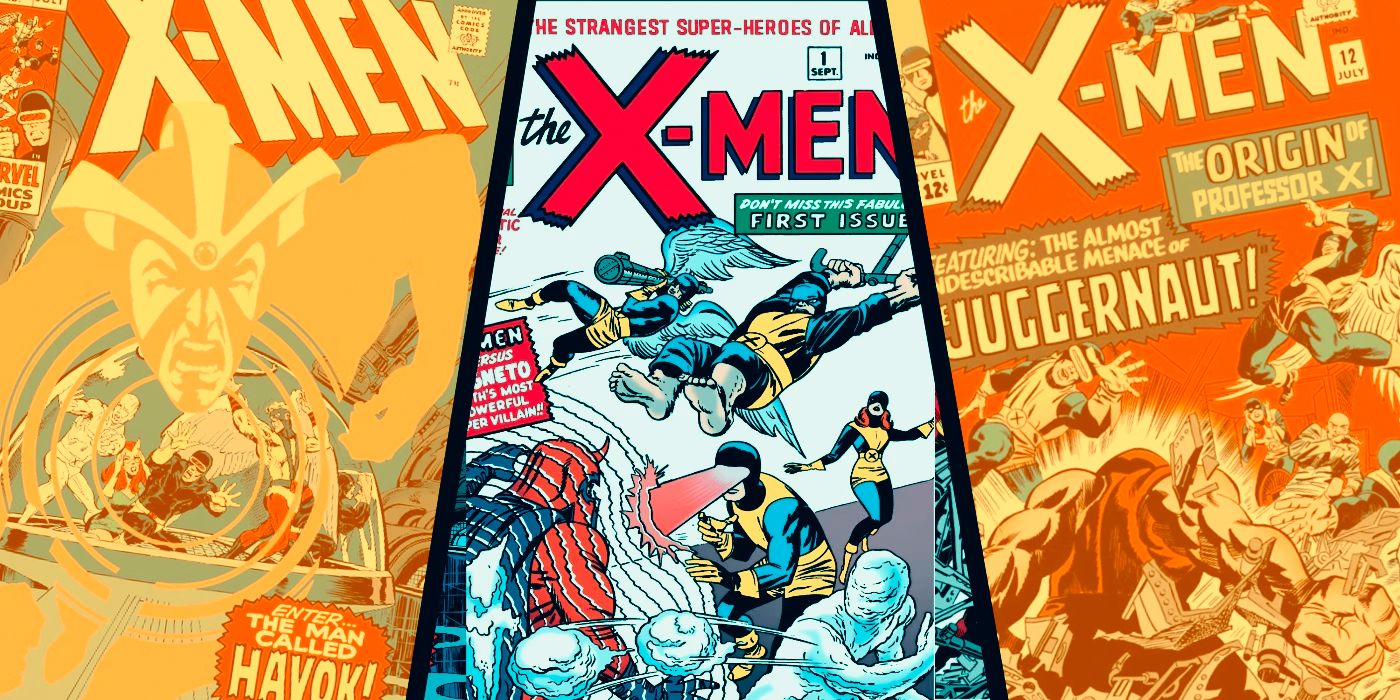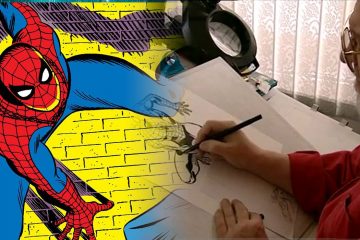The X-Men are a pop culture juggernaut, which feels ironic for any fans who know the franchise’s history. There was a time before the MCU when the X-Men were the most popular Marvel characters in the land, with even Spider-Man falling behind them in sales and popularity outside of comics. When many people think of the X-Men, they think of the teams that debuted in the ’80s, ’90s, and the 21st century, mainly because the Silver Age X-Men weren’t popular at all.Stan Lee and Jack Kirby created the X-Men in 1963 and the book languished in comparison to Marvel team books like The Avengers and Fantastic Four. The X-Men’s early years are often ignored, but looking back at those days, it’s easy to see the seeds they planted for mutantkind’s future. While the earliest stage of the X-Men’s history has definitely been eclipsed, there are still a lot of factors to it that make it very important to the overall history of the X-Men.The original X-Men were brought together by Professor Charles Xavier, who dreamed that mutants, the newest evolution of humankind, and humans could live in harmony. To this end, he recruited Cyclops, Marvel Girl (Jean Grey), Iceman, Beast, and Angel, five teens whose mutant genes gave them great power. Bringing them to his mansion, he created a school that would teach them to use their powers. They became superheroes because Xavier felt having mutants out there saving humans would show everyone that mutants meant them no harm. There’s a lot to unpack about Xavier’s self-loathing for his status as a mutant, a little wrinkle that makes the character more interesting but more problematic over time. Xavier has always been something of a bootlicker, and the Silver Age revealed that. Xavier’s dream is a very mid-20th century white male idea about civil rights, a problem that’s stayed with the X-Men until this day.RELATED: A Powerful X-Man is Still Alive — But Can’t Stop a Major Threat to the Entire Marvel Universe
The X-Men are a pop culture juggernaut, which feels ironic for any fans who know the franchise’s history. There was a time before the MCU when the X-Men were the most popular Marvel characters in the land, with even Spider-Man falling behind them in sales and popularity outside of comics. When many people think of the X-Men, they think of the teams that debuted in the ’80s, ’90s, and the 21st century, mainly because the Silver Age X-Men weren’t popular at all.
Stan Lee and Jack Kirby created the X-Men in 1963 and the book languished in comparison to Marvel team books like The Avengers and Fantastic Four. The X-Men’s early years are often ignored, but looking back at those days, it’s easy to see the seeds they planted for mutantkind’s future. While the earliest stage of the X-Men’s history has definitely been eclipsed, there are still a lot of factors to it that make it very important to the overall history of the X-Men.
The original X-Men were brought together by Professor Charles Xavier, who dreamed that mutants, the newest evolution of humankind, and humans could live in harmony. To this end, he recruited Cyclops, Marvel Girl (Jean Grey), Iceman, Beast, and Angel, five teens whose mutant genes gave them great power. Bringing them to his mansion, he created a school that would teach them to use their powers. They became superheroes because Xavier felt having mutants out there saving humans would show everyone that mutants meant them no harm. There’s a lot to unpack about Xavier’s self-loathing for his status as a mutant, a little wrinkle that makes the character more interesting but more problematic over time. Xavier has always been something of a bootlicker, and the Silver Age revealed that. Xavier’s dream is a very mid-20th century white male idea about civil rights, a problem that’s stayed with the X-Men until this day.
#Forgotten #Power #XMen
Note:- (Not all news on the site expresses the point of view of the site, but we transmit this news automatically and translate it through programmatic technology on the site and not from a human editor. The content is auto-generated from a syndicated feed.))



